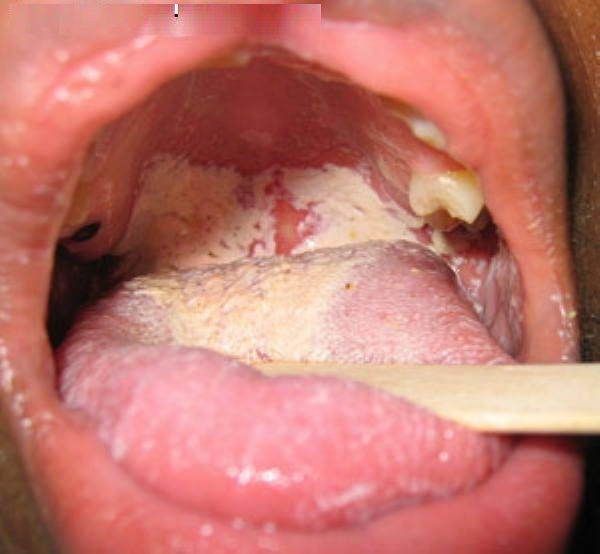Thrush is a common mouth or vaginal infection that approximately three quarters of women suffer from at least once during their lifetime.
It is caused by a yeast-like fungus called Candida, in the majority of cases Candida albicans. Candida is a bacteria that is always present in the vagina however if the natural balance is upset it can cause overgrowth which leads to thrush. As such, thrush is categorised as a yeast infection, not an STI, as it can occur to someone whether or not they have ever had sex.

Whilst it is not a serious infection symptoms are unpleasant and can include itchiness, soreness and swelling in and around the vulva and pain during intercourse. It may also cause a stinging sensation whilst urinating or cause a thick white discharge not dissimilar to cottage cheese.
Severe symptoms can include dryness and cracked skin in and around the vaginal area, and very occasionally vaginal sores.
If you believe you could be suffering from thrush and you haven’t had it before you will need to visit your GP in order to be diagnosed correctly. This is important as symptoms of thrush can echo more serious STIs so those will need to be ruled out by your GP.
If you have suffered from thrush previously and recognise the symptoms then it is fine to simply visit your pharmacist for treatment. Treatment comes in the form of an oral tablet, pessary or cream. Cream is to be applied topically and can usually treat milder symptoms on its own.
For moderate to severe cases take either a tablet orally, or use the pessary to insert in to the vagina. Sometimes this can be combined with using the cream, which will immediately help to alleviate itchiness. Expect the thrush to clear within 2-3 days.
Some women may suffer from recurrent or ‘complicated’ thrush, the definition of which means over four times a year. This may require sustained treatment for up to 6 months in order to completely eradicate the problem.
Vaginal thrush can be experienced by women of all ages although it is mostly occurs in women who menstruate, usually in the twenties and thirties. It can happen spontaneously although either chemical or hormonal changes in the body are usually responsible.
Pregnancy, being on antibiotics, diabetes or a weakened immune system can all trigger the infection. Although it is not a sexually transmitted infection it can also be passed on in this way.
Alcohol, tight or man-made underwear and clothing or perfumed soaps are sometimes attributed as causes of thrush although this has not been clinically proven. It may be a good idea to avoid alcohol whilst suffering or if you think you are susceptible to thrush, wear cotton underwear that is not too tight and also use un-perfumed soaps.
It’s also recommended that you don’t have sex with a partner who is suffering from thrush, or when you are, as this way it may be passed back and forth, triggering multiple episodes.
For more information on symptoms, prevention and treatment, and help if you think you may be suffering from thrush, please contact your GP.
Written by Kat Kraetzer, an experienced blogger working in the health-care industry for many years

